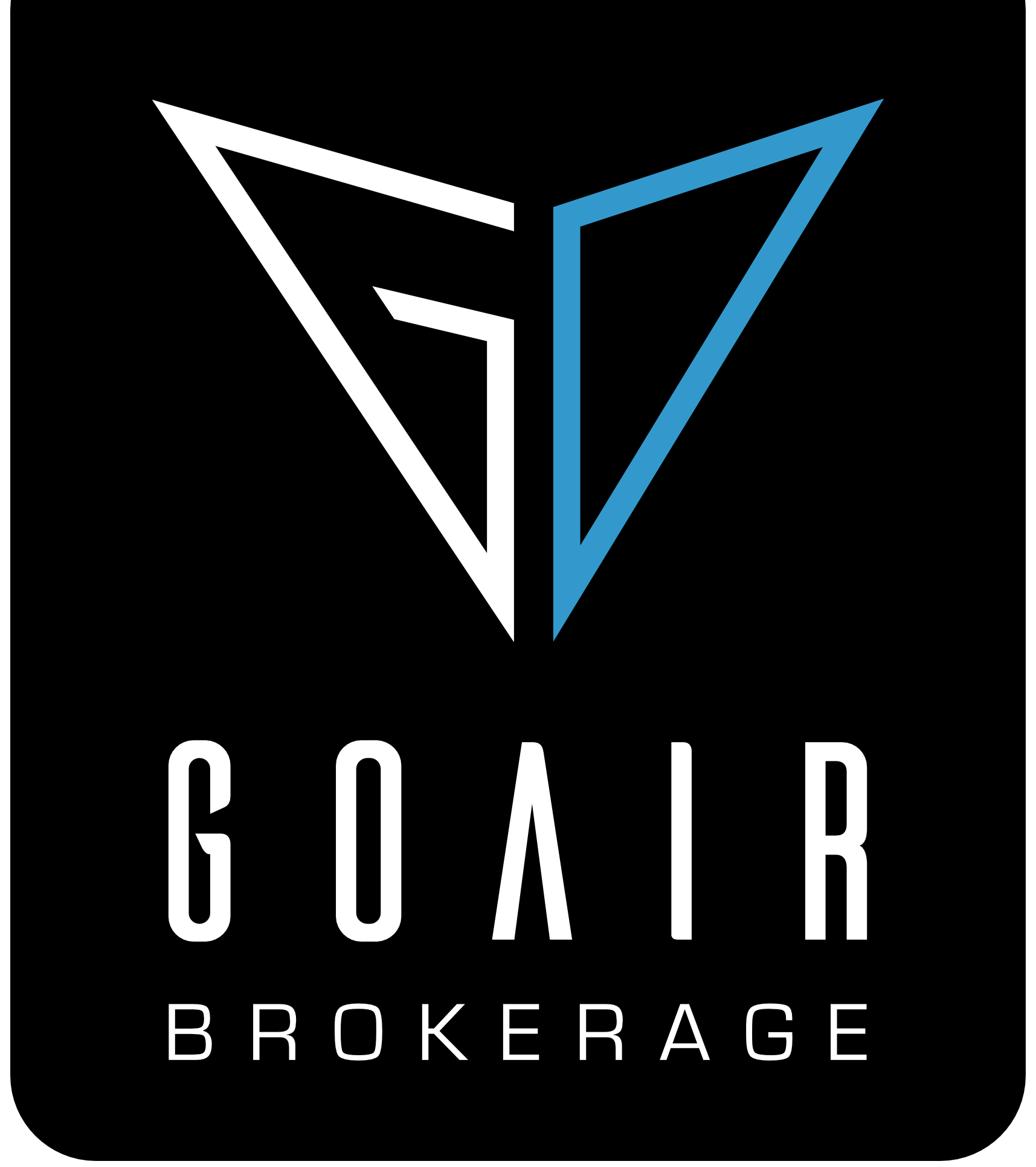Emerging Trends in Private Aviation

Private aviation has long been a symbol of luxury, exclusivity, and convenience. However, the industry is undergoing significant changes driven by technological advancements, evolving customer demands, and a growing emphasis on sustainability. From electric aircraft to AI-driven booking systems, these emerging trends are reshaping the private aviation landscape. In this blog, we explore the most transformative trends in private aviation and what they mean for the future.
The Rise of Sustainable Aviation
Sustainability is becoming a major priority in private aviation. With increasing pressure to reduce carbon emissions, the industry is exploring new ways to become more environmentally friendly. Some of the key advancements in sustainable private aviation include:
- Sustainable Aviation Fuel (SAF): SAF is derived from renewable sources such as biomass, municipal waste, and algae. It significantly reduces carbon emissions compared to traditional jet fuel.
- Electric and Hybrid Aircraft: Companies like Lilium and Joby Aviation are pioneering the development of electric vertical takeoff and landing (eVTOL) aircraft, which promise zero-emission private travel.
- Carbon Offsetting Programs: Many private jet operators now offer carbon offset programs that allow passengers to compensate for their emissions by investing in reforestation and renewable energy projects.
Expansion of On-Demand Private Jet Services
Traditionally, private aviation was limited to ultra-high-net-worth individuals who owned aircraft or had access to fractional ownership programs. However, the industry is shifting toward more accessible models, such as:
- Jet Membership Programs: Companies like NetJets and Flexjet offer subscription-based programs that provide access to private jets without ownership responsibilities.
- On-Demand Charter Services: Platforms like Wheels Up and XO allow travelers to book private flights as easily as they would a ride-share, making private aviation more accessible to a broader audience.
- Empty Leg Flights: These discounted flights fill seats on repositioning trips, providing a more affordable way to experience private jet travel.
AI and Automation in Private Aviation
Artificial intelligence and automation are enhancing efficiency and customer experience in private aviation. Some key areas where AI is making an impact include:
- AI-Powered Booking Platforms: AI-driven platforms streamline flight scheduling, pricing, and passenger preferences to provide personalized recommendations.
- Predictive Maintenance: AI is used to detect and prevent potential aircraft malfunctions, ensuring better safety and reducing downtime.
- Autonomous Aircraft Technology: While fully autonomous private jets are still in development, AI is being integrated into flight systems to assist pilots and improve efficiency.
Personalized and Ultra-Luxurious Private Jet Interiors
The demand for customization and luxury in private jets is growing, with owners seeking unique and high-end interiors. Some emerging trends include:
- Smart Cabin Technology: Advanced touchscreens, AI-driven lighting, and voice-activated controls enhance passenger comfort.
- Custom Interior Design: Private jet owners are collaborating with top designers to create one-of-a-kind interiors featuring rare materials and bespoke furniture.
- Wellness Features: Features such as air purification systems, noise-reducing cabins, and ergonomic seating are becoming standard in high-end private jets.
Blockchain and Enhanced Security Measures
Security and privacy remain top concerns in private aviation, leading to the adoption of advanced technologies like blockchain and biometric authentication:
- Blockchain-Based Transactions: Secure and transparent blockchain technology is being used for charter bookings, maintenance logs, and payment processing.
- Biometric Identification: Airports and private jet terminals are integrating biometric scanners for faster and more secure boarding processes.
- Cybersecurity Improvements: As private jets become more connected, cybersecurity is a growing focus to prevent data breaches and hacking threats.
The private aviation industry is evolving rapidly, with advancements in sustainability, accessibility, and technology reshaping the sector. From electric jets to AI-powered booking platforms, these trends are making private aviation more efficient, environmentally friendly, and customer-focused. With the demand for private aviation expanding beyond traditional markets of North America and Europe and into Asia and the Middle East, it is a globalization of private aviation. As these developments continue, private aviation is set to become even more innovative, offering unparalleled convenience and luxury to travelers worldwide.
